31 October 11 November 2021 Status Ended
Glasgow, United Kingdom
INRAE participates in the UN COP26 on Climate Change
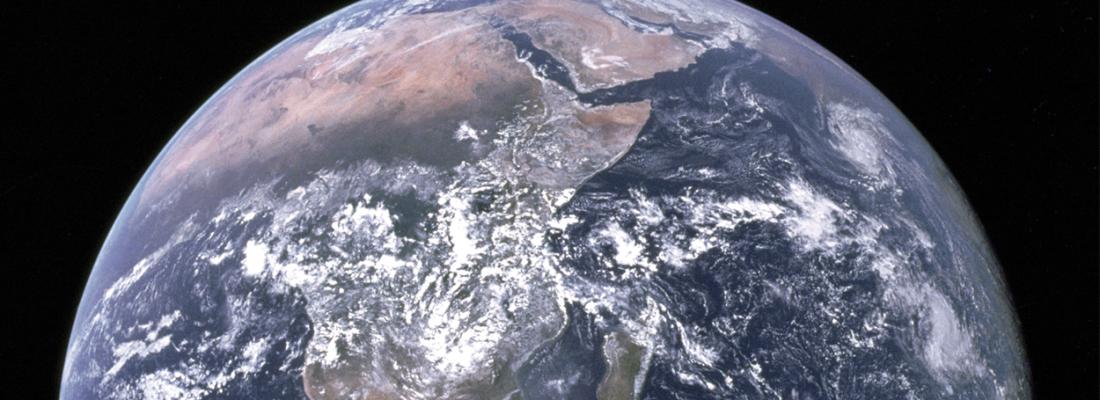
COP26 challenges: 4 goals set for the event
- Countries are being asked to come forward with ambitious 2030 emissions reduction targets (referred to as NDCs - Nationally Determined Contributions) to reach net zero emissions by 2050, to limit warming by 2 degrees and far less if possible.
- Encourage countries affected by climate change to adopt adaptation measures to protect communities and natural habitats including making agriculture more resilient
- Mobilise finance from the private and public sector to secure net zero emissions globally
- Work together to finalise the Paris Rulebook and turn our ambitions into action by accelerating collaborations between all actors
Find out more on the official website: https://ukcop26.org/
Our participation
November 6
“Increasing Ambition for Carbon Neutrality – How to Ensure Environmental Integrity in the Land sector?” organised by INRAE-CIRAD-IRD-IDDRI and INVIVO
Speaker: Jean-Luc Chotte, IRD for IRD-CIRAD-INRAE
French Pavilion, 10:00am-11:30am GMT
November 8
“Carbon Farming in a 2030 agenda for soil health and climate” organised by INRAE-CIRAD-IRD-4 per 1000 initiative, ECAF and South Pole
Speakers: Jean-François Soussana, Vice President of International Policy at INRAE; Prof. Claire Chenu, INRAE, EJP Soils, STC member 4p1000, AgroParisTech; Dr. Eric Ceschia INRAE CESBIO.
European Commision Pavilion, 14:30-15:30 PM GMT

Reaching net zero CO2 by 2050 is needed to maintain the global mean temperature on Earth below 1.5°C in 2100. Transformation in all sectors of the economy must be framed to ensure the environmental integrity of carbon neutrality commitments as well as of trading mechanisms. Addressing simultaneously several challenges is needed. CIRAD, IDDRI, INRAE and IRD researchers deliver their key messages in a policy brief.
The 4 per 1000 initiative annual meeting Forum of partners and Consortium of members
Launched at the UN Climate Change Conference held in Paris in 2015 (COP21), the 4 per 1000 Initiative promotes science based policies, actions and practices to increase carbon storage and sequestration in soils to fight food insecurity and climate change. INRAE is one of its founding members and Jean-François Soussana, INRAE's vice-president of International Policy, is a member of its Scientific and Technical Committee.
November 10
"Stakeholder mobilization via multi-stakeholder coalitions (alliances and partnerships) for the implementation of the 2050 strategic plan"
Royal Concert Hall, Glasgow and online, 9am-6pm GMT
Solutions from the land sector
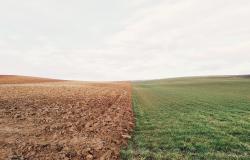
Our contribution to the 2019 IPCC special report on climate change and land
The report established the links between climate change, desertification, land degradation and food security. It identified solutions: protection of forests, soils and water resources, sustainable land management to boost carbon sinks, sustainable food diets and reducing food waste. Jean-François Soussana, member of the recently launched Soil Deal Mission and IPCC's expert, took part in the report.
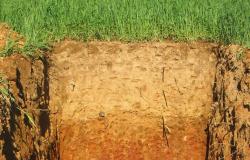
Developing an international consortium on carbon sequestration
Coordinated by INRAE, the CIRCASA project looks to develop international synergies on carbon sequestration at European and global levels. Soils are a natural reservoir of carbon, carrying a large potential for carbon sequestration through soil organic carbon (SOC). SOC sequestration is a nature-based solution to mitigate climate change, contributing to soil quality, agricultural productivity, biodiversity and water protection.
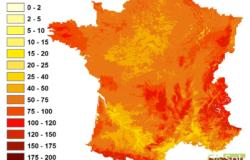
Study results: the potential in France for storing 4 per 1000 carbon in soils
Using a novel methodology, the study evaluated the potential in France by estimating the implementation cost, region by region, in terms of the 4 ‰ goal. The study is extended to 24 European countries through the Horizon 2020 European joint program on soil, coordinated by Claire Chenu at INRAE.
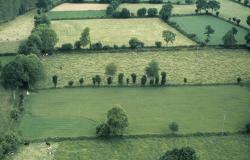
Creating the world’s first indicator of carbon stock changes in agricultural soils
In partnership with Planet A®, this new SOCCROP indicator to be made available in early 2022, will give information on the quantity of CO2 that can be absorbed or emitted by agricultural fields depending on farmers’ chosen production systems. Its use should help produce a global dashboard to monitor these carbon stock changes around the world.
